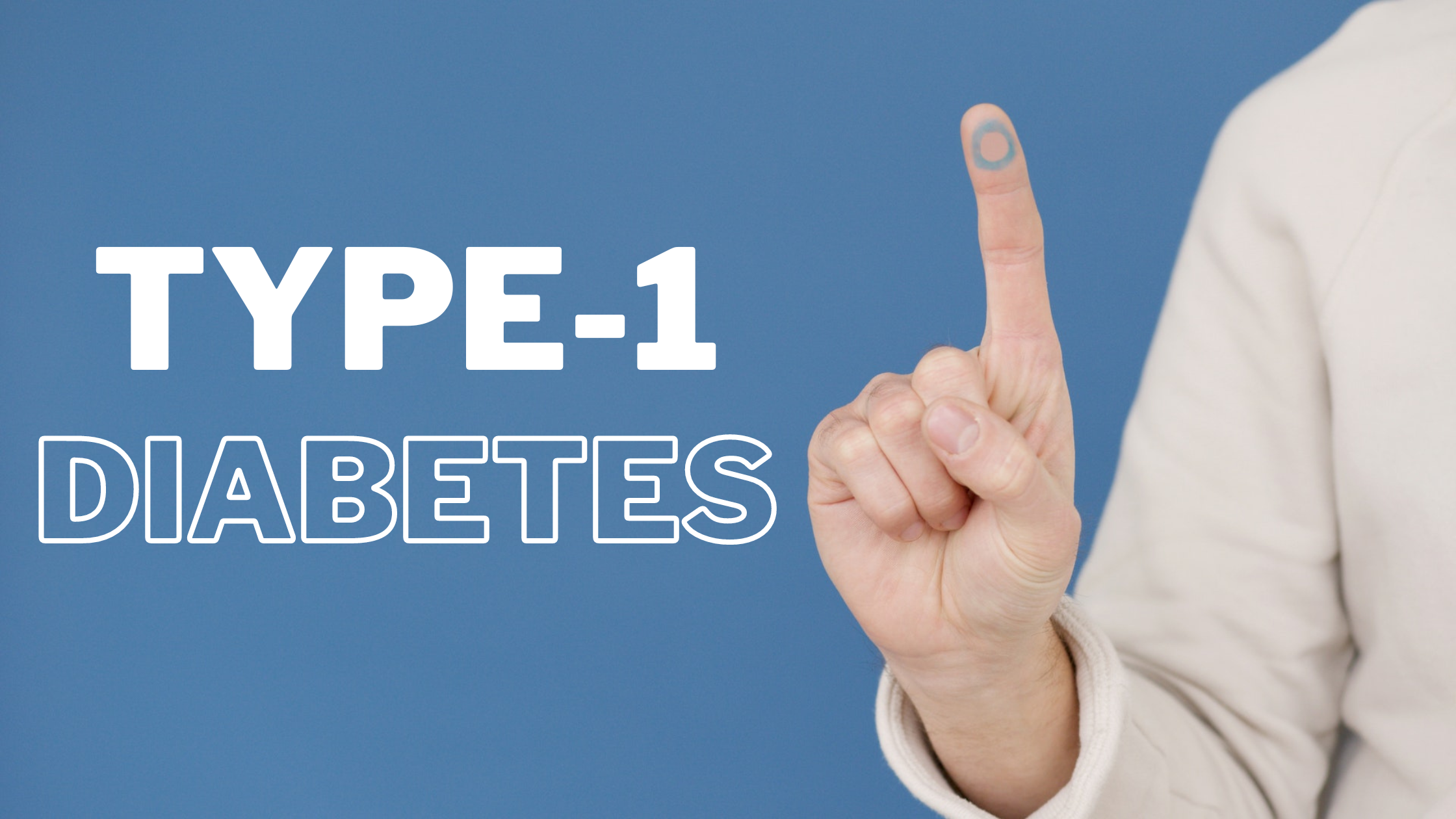Type 1 diabetes
Type 1 diabetes is a chronic autoimmune condition that affects the way the body produces and regulates insulin. Insulin is a hormone that helps regulate blood sugar levels and allows the body to use glucose (sugar) for energy.
In type 1 diabetes, the immune system mistakenly attacks and destroys the insulin-producing cells in the pancreas, called beta cells. As a result, the body is unable to produce enough insulin to regulate blood sugar levels, leading to high levels of glucose in the bloodstream.
Type 1 diabetes typically develops in childhood or adolescence, although it can occur at any age. The exact cause of type 1 diabetes is not known, but it is believed to involve a combination of genetic and environmental factors.
The symptoms of type 1 diabetes can include increased thirst and hunger, frequent urination, unexplained weight loss, fatigue, blurred vision, and slow healing of cuts and wounds. These symptoms can develop rapidly over a period of weeks or months.
Treatment for type 1 diabetes involves regular monitoring of blood sugar levels, insulin therapy (either through injections or an insulin pump), and a healthy diet and exercise routine. People with type 1 diabetes must also be vigilant about managing their condition to avoid complications such as kidney disease, nerve damage, and vision problems.








